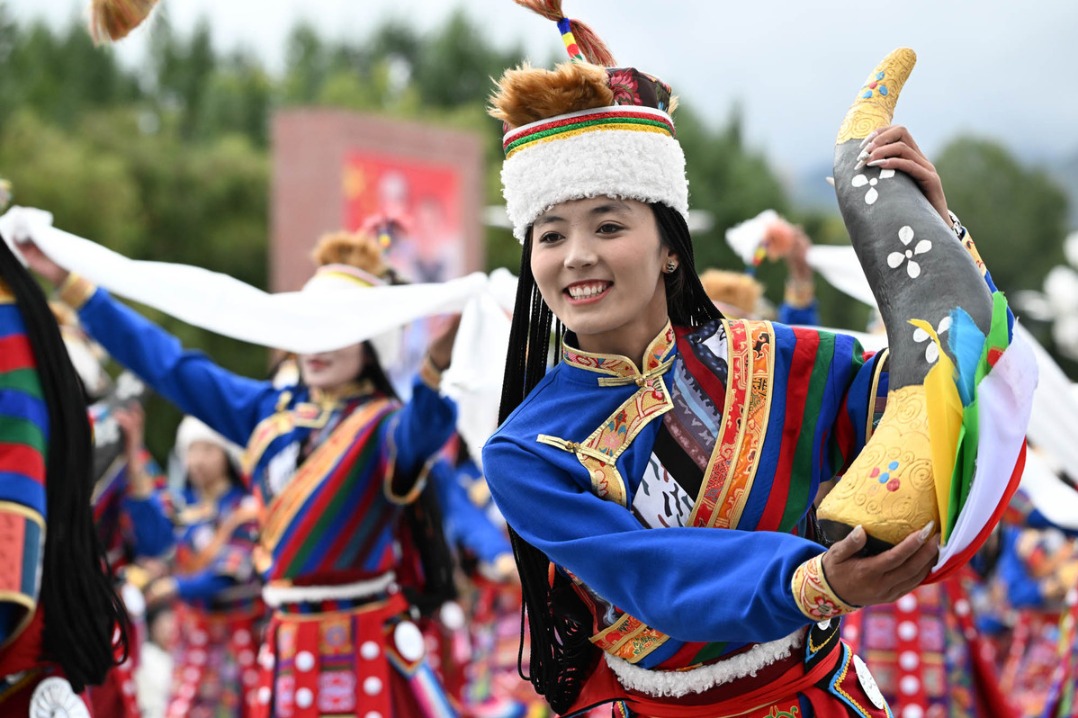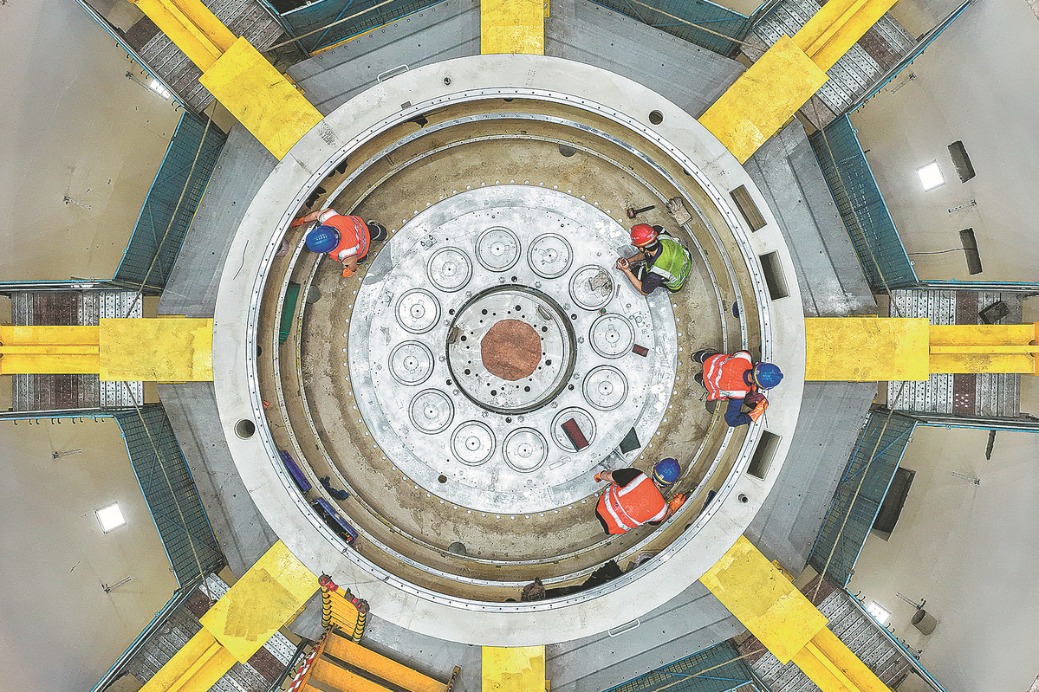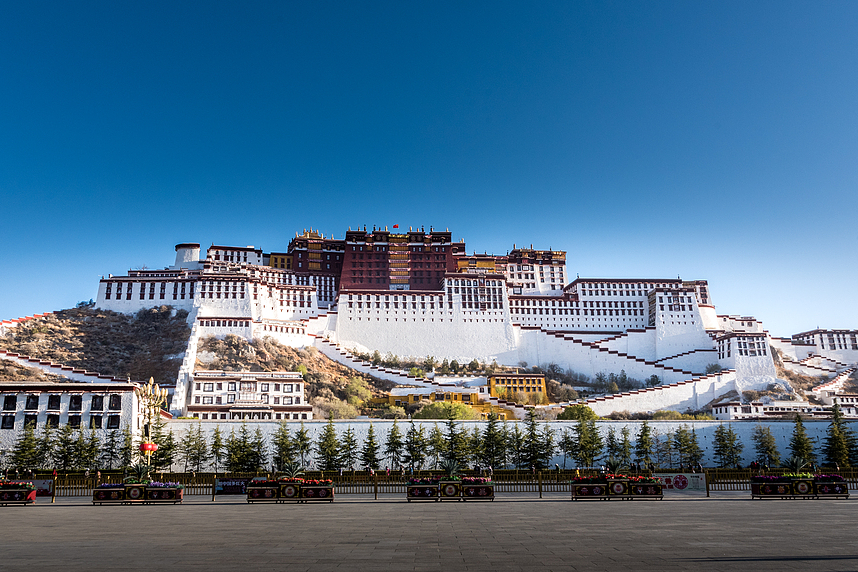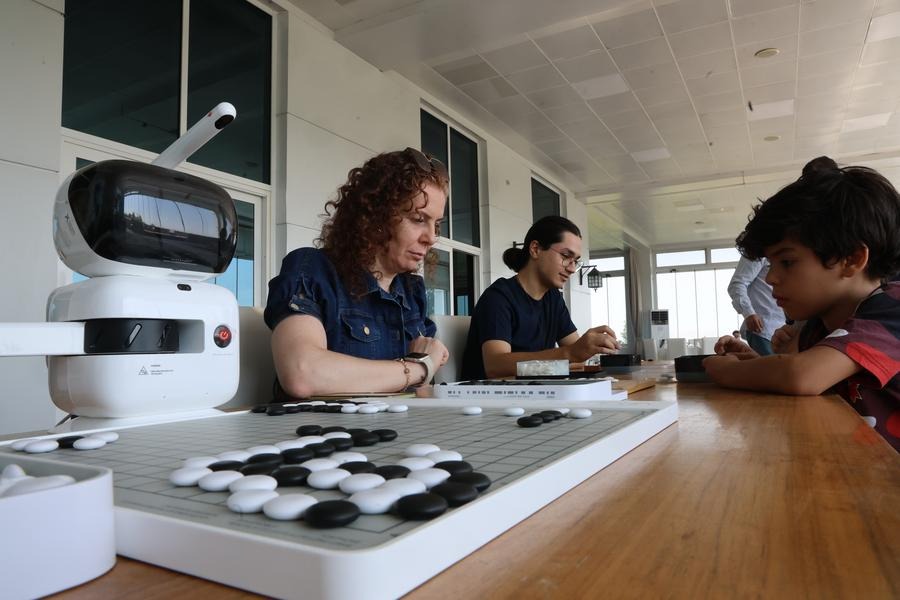Unmarked graves in Canada shed light on indigenous children's abuse

OTTAWA, Canada — In late May 2021, remains of 215 indigenous children were found in Canada, smashing the nation's hypocritical facade and stunning the world.
Two years after the suspected unmarked graves were identified at the former Kamloops Indian Residential School in British Columbia, thousands of burials were found at former Indian residential school sites across the country.
A total of 93 potential unmarked child and infant graves have been uncovered at the former Beauval Indian Residential School in Saskatchewan, central Canada.
"This is not a final number. It breaks my heart that there are likely more," English River First Nation chief Jenny Wolverine said at a news conference. English River First Nation is a community located in the northeast of Meadow Lake, Saskatchewan.
"We were not sure what to expect and what we would find. But we did know the stories that were shared over generations about the treatment of the students and those students who never returned home," she said.
In the village where the school was located, residents told Xinhua News Agency that colonialism and human rights abuses behind the residential school system have been challenging Canada.
Patrick Djonaire, a 65-year-old survivor of Beauval Indian Residential School, said he attended the school at 8 and graduated, without telling his parents the bad things.
"I never told my parents how school was, because we were scared, because the priests and the nuns, the Catholic people ran the schools. So sins were never told in public," he said. "I was scared to say."
He even witnessed one of his friends probably molested by a priest. "It's a sexual assault. It was scary like those other things, and I didn't want to mention it to people. Like to this day, I still hold it."
Negative impact
Djonaire said he became an angry person thinking about the negative impact.
"Every time I see a priest or a French-speaking person, I get scared, I get nervous. It's like you have to pay attention all the time," he said.
Although he went to Northern Teacher Education, Djonaire said he could not be a teacher when he was 26 after a job in a mining company.
"I couldn't manage those children. I couldn't manage those children like the way those nuns and those priests managed us," he said.
Dawn McIntyre, a descendant of a survivor in Saskatchewan, said they have all attended the residential school as part of their lives.
"Through generations, we've all heard stories. We knew that the children were disciplined harshly, and as we got older we learned more and more stories about physical and sexual abuse," said McIntyre, a Cree woman from the Canoe Lake Cree First Nation and lives in La Plonge Reserve, part of the English River First Nation.
"Our people are still suffering ...our children are still being born into very dysfunctional families that were created because of the (Indian Residential School) system, so now we have a whole host of problems."
She explained that when children were taken away from their families, they did not learn family values and how to raise their own children.
"People who've been subjected to abuse will grow up and often maybe cannot cope," she said, adding that they turned to other ways of coping, and it has led to a lot of violence and addictions in the communities.
More than 150,000 First Nations, Metis and Inuit children were separated from their families and forced to attend government-funded schools between the 1870s and 1997.
In 2015, a Truth and Reconciliation Commission appointed by the Canadian government concluded that the children were physically and sexually abused and died in the schools.
While it has documented at least 4,100 deaths, the commission said the real numbers may never be fully known.
Xinhua
Today's Top News
- Autonomous region's 60th anniversary starts new chapter for beautiful Xizang
- Xi leaves Xizang after attending region's 60th founding anniversary celebrations
- Xi attends grand gathering to celebrate Xizang autonomous region's 60th founding anniversary
- V-Day parade to unveil advanced weapons
- Intertwined economies, diverging systems
- PV industry gets ready for next phase






























